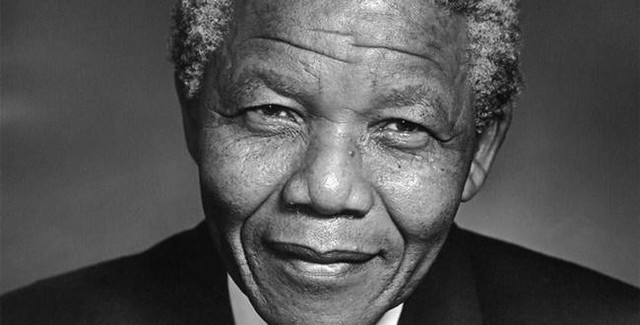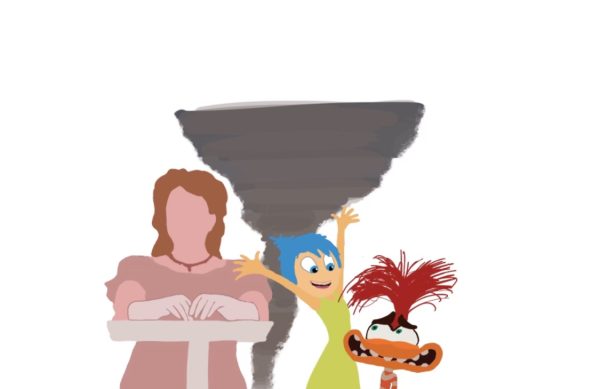Theories behind the Mandela Effect
The Cambridge Assessment International Education
The Mandela effect got its name from Fiona Broome, a “paranormal consultant”, who told her recollection of former South African President Nelson Mandela dying in the 1980s in prison (who actually passed away in 2013).
November 23, 2021
According to Medical News today, “The Mandela effect describes a situation in which a person or group of people have a false memory of an event.” The name of this strange phenomenon began in the 2010s, where numerous people collectively remember Nelson Mandela passing away in prison in the 1980s. However, this was not true. Mandela was released in 1990 and passed away in 2013, despite many accounts stating that they recall watching clips of his funeral on TV.
For instance, many may remember experiences of watching the classic Disney film, “Snow White” on VHS as a child. People may believe that the Evil Queen in Snow White says, “mirror, mirror on the wall.” However, the correct phrase is “magic mirror on the wall.” Likewise, if one has ever watched the film, “Forrest Gump,” they might remember the iconic phrase, “Life is like a box of chocolates.” But once again, they would be wrong. Tom Hanks actually quotes, “Life was like a box of chocolates.” From logos to titles and famous lines from movies, this phenomenon widely insinuated by the internet has sparked various conspiracy theories about what could be causing this experience.
One far-fetched theory for the Mandela Effect is the existence of parallel universes. Derived from quantum physics, this theory states that alternate realities are mixing with current timelines, spawning mass amounts of citizens’ vivid memory of an event occurring that happened on a different plane of reality. Although seeming unrealistic, there is no true way to prove that this theory exists or does not exist, creating a large spectrum for conspiracy theorists to create controversy and to give civilians the grappling idea that this theory is much larger than the space and time continuum.
However, psychologists do have their own more practical theory about the Mandela Effect, stating that it is through the sense of false memories. This causes the occurrence of wrongly remembering events that happened or a distortion of what actually occurred. The more scientific name for this is called confabulation, the production or creation of false or erroneous memories without the intent to deceive, sometimes called “honest lying.” This sense of confabulation occurs when a person creates a false memory without intending to lie, believing that their version of “the truth” is what actually happened. Instead of having vivid memories of what they saw or experienced, they are filling in the void of their own memory, which is not always accurate.
Because of the fact that most examples of the Mandela effect are very similar to people’s original memory, this causes psychologists to infer that in mass amounts of people experiencing confabulation and collaborating together, they “remember” an incorrect series of events.








